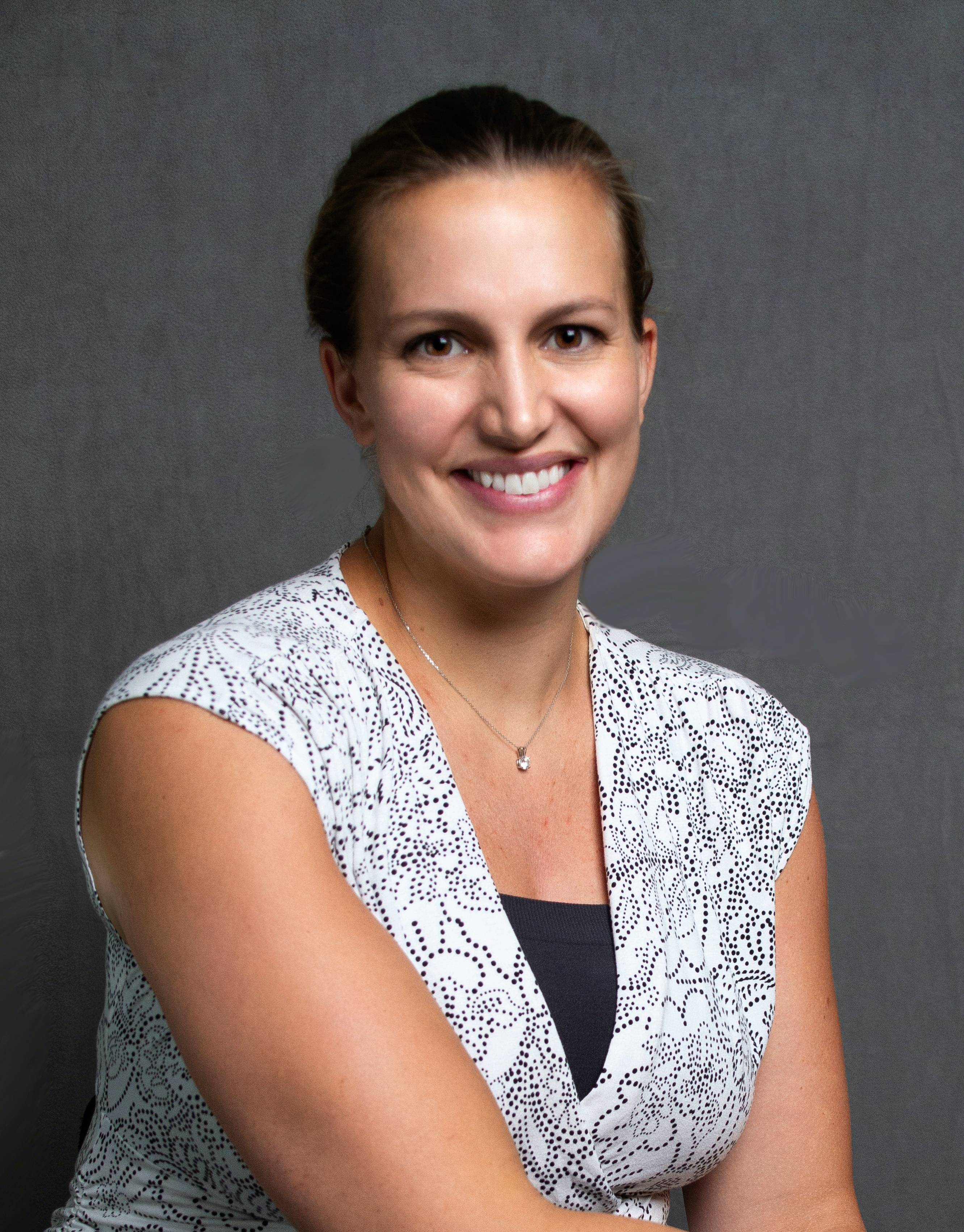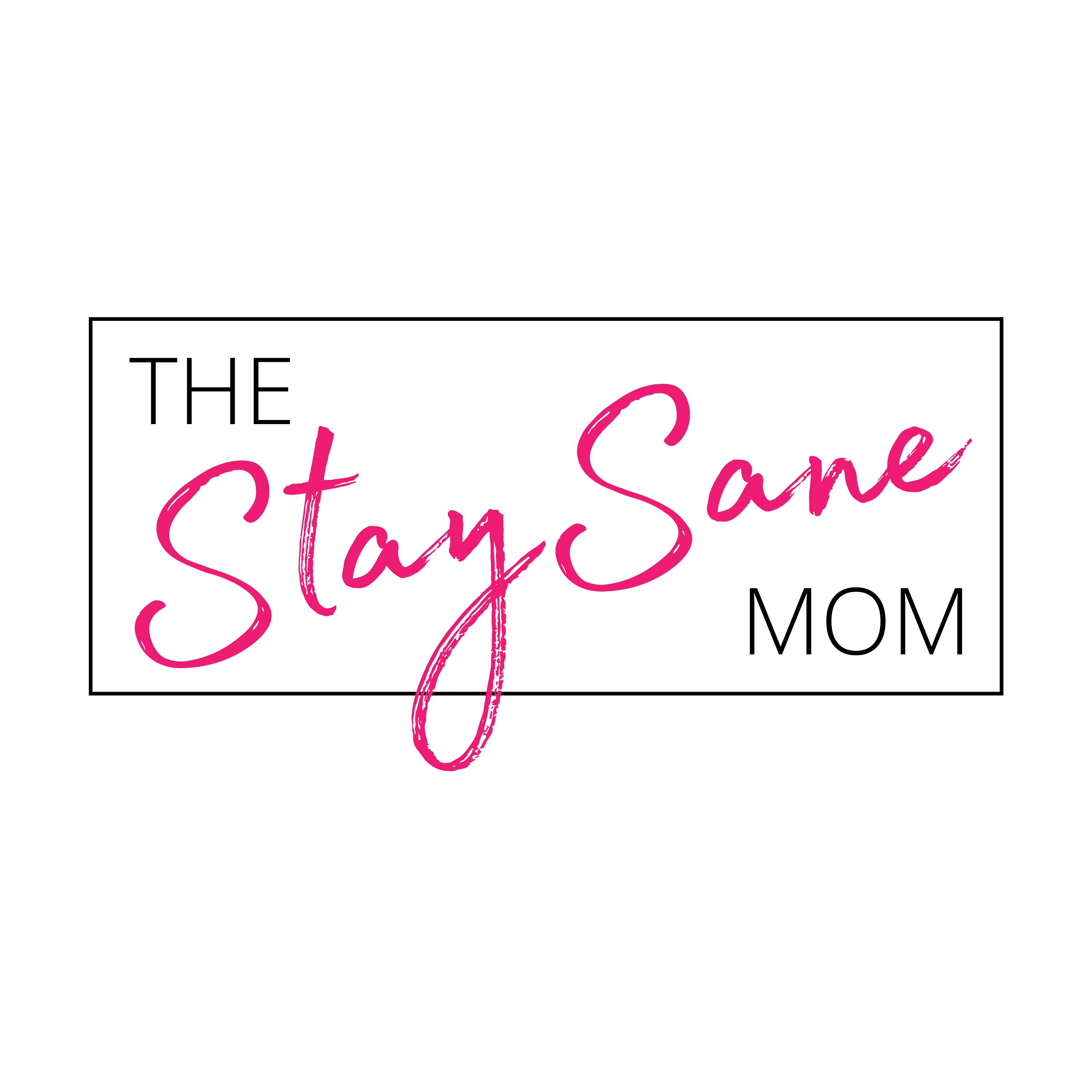How to Teach Kids to Handle Mistakes

How to Teach Kids to Handle Mistakes
No one likes making mistakes, right? Wrong. Any parent of a toddler will tell you their mistakes (usually involving falling off something) are met by riotous giggles. What changes when they get bigger? Let's dive into it and learn how to help kids deal with their mistakes in a healthy way.
Written by Liz Bayardelle, PhD | See Comments | Updated 01/29/2018
Want to cut to the chase?
Kids' Chore Chart

How to Teach Kids to Handle Mistakes
This post contains some affiliate links for your convenience. Click here to read my full disclosure policy.
This is how it’s supposed to be. Kids have to get their sense of right and wrong from somewhere and it’s usually taught by a child’s environment growing up.
We aren’t born with the innate fear of red ink and love of star stickers, it’s drilled into us over the years of returned test papers.However, just because this knowledge of the mistake/not mistake dichotomy isn’t innate doesn’t mean it’s not real or powerful. (Evidence: stick a star sticker on my hand, accompany it with any form of praise, and my almost-thirty-year-old butt will still break out the happy dance.)
“Little Kid” Mistakes
In short: feeling bad about mistakes helps keeps these tiny monsters we call children in control. The problem is, as children turn into small adults the nature of mistakes starts to change.
This usually happens somewhere in the awful middle school years. Instead of things the child doesn’t know are wrong, mistakes become things the child knows are wrong, probably already feels bad about, and over which the child probably doesn’t feel they have complete control.As an example, my 7th grader recently came home and (upon some pretty intense maternal grilling) admitted that she got five points off on her math midterm.
Not bad, right? Nuh uh. This ain’t my first rodeo,
Out of how many questions? Out of fifteen.
Okay, well that’s a D. Let’s have a talk.
Well, she went on to her weekend of fun plans and I began stewing about this D, but the problem about which I actually ended up ruminating was the fact that she had tried so hard to hide the bad grade.
I may be developing a pretty forceful mom glare *curtseys and queen waves*, but nothing actually happens when she gets a bad grade. We don’t beat her, starve her, hang her upside-down from the ceiling, or even take away her phone when she gets a bad grade, so if you’re going based on the “little kid” definition of mistake (the one in which kids only feel bad about punishable offenses) she shouldn’t be upset about this.
What changed?
“Big Kid”/”Adult” Mistakes
Sometimes it really doesn’t look like it, but unless you’ve managed to raise a complete sociopath (you haven’t) they do actually care. They’re just putting up a front. In the case of my preteen, she doesn’t appear to care, but I know she does because she still gets embarrassed to say her bad scores out loud. She usually attempts to convey them using some kind of sound effect/pantomime compilation until I tell her to just spit it out. This means she’s already raking herself over the coals for it, so I don’t have to do it myself.
*dusts off hands*
Now how do we deal with mistakes in the “big kid” paradigm? There are two basic, yet very important rules for this brave new world. I’ll give them to you and then explain the new paradigm.
2. Learn what would prevent it from happening again.
Now, while you percolate on those, here’s all you need to know about “big kid” or “adult” mistakes. Unlike toddler mistakes, adult mistakes don’t usually come with external punishments. Lose your job? Get pregnant by accident? Get in a car crash? Usually, if these things happen when you’re older, your mom isn’t going to come walking in with a stern look and the time out chair.
No one cares because they’re busy adulting too.
Adult mistakes are characterized not by external punishments, but by individual consequences. Take the car accident for example. No, your mom isn’t going to give you a talk if you’re 30 and crash your car. However, your consequences are the long calls with the insurance agency, the days without transportation, the financial detriments, and possibly even some physical discomfort or medical expenses. Welcome to the adult world.
No one punishes you if you make a mistake, but mistakes are their own punishments.
This is what we need to communicate to our kids when they get to this transition-y age, but usually we’re so used to the toddler mistake model we just keep on mom-glaring at them until the laser beams that come out of our eyes get sore. (I’m just as guilty of this as the rest of you. My mom-beams are exhausted at the end of the day.)
“Adult” Mistake Handling, Step 1
This doesn’t mean be proud of a bad grade, but by denying something happened, by making excuses to save our fragile egos, or by blaming luck (or the test, or the teacher, or the distracting kid behind us….the list goes on) we are denying ourselves the opportunity to learn something. Learning is the only good thing that comes from a mistake, so if we don’t learn, then the whole thing was for nothing.
So there’s new rule #714 in our house, she now has to say the grade she got out loud. Admit it, own it. “I got a 65%.” Great, now we’re ready for step two.
“Adult” Mistake Handling, Step 2
Once we’ve owned a mistake and gotten out of the way whatever shame/guilt/hair-pulling that comes with it, we’re ready to clinically (and as rationally as possible) dissect what made it happen.
Failed a test. Did you study last minute? Could you have used a different strategy? Did you prioritize other homework? Could you study in a different way? It is the questions we ask in the “mistake dissection” process which will keep us from repeating a mistake.
Start Your Next Step
Kids' Chore Chart

Get Sanity, Delivered to Your Inbox.
Care to Share?





About the Author

Liz Bayardelle, PhD
Founder | Contributor
Liz (or Dr. Mommy, as her toddler started calling her after learning what a PhD was) is the happily sleep-deprived mom of a toddler (and professional raccoon noise impersonator), a sparkle-clad kidnado, a teenage stepdaughter, 200 cumulative pounds of dog, and herd of dustbunnies (if daily vacuuming doesn't occur). During nights and naptimes, she uses her PhD in business psychology as an author, speaker, and consultant. She also serves as an executive and principal for three companies, two of which she co-founded with her very patient (and equally exhausted) husband.





-Budget.jpg)